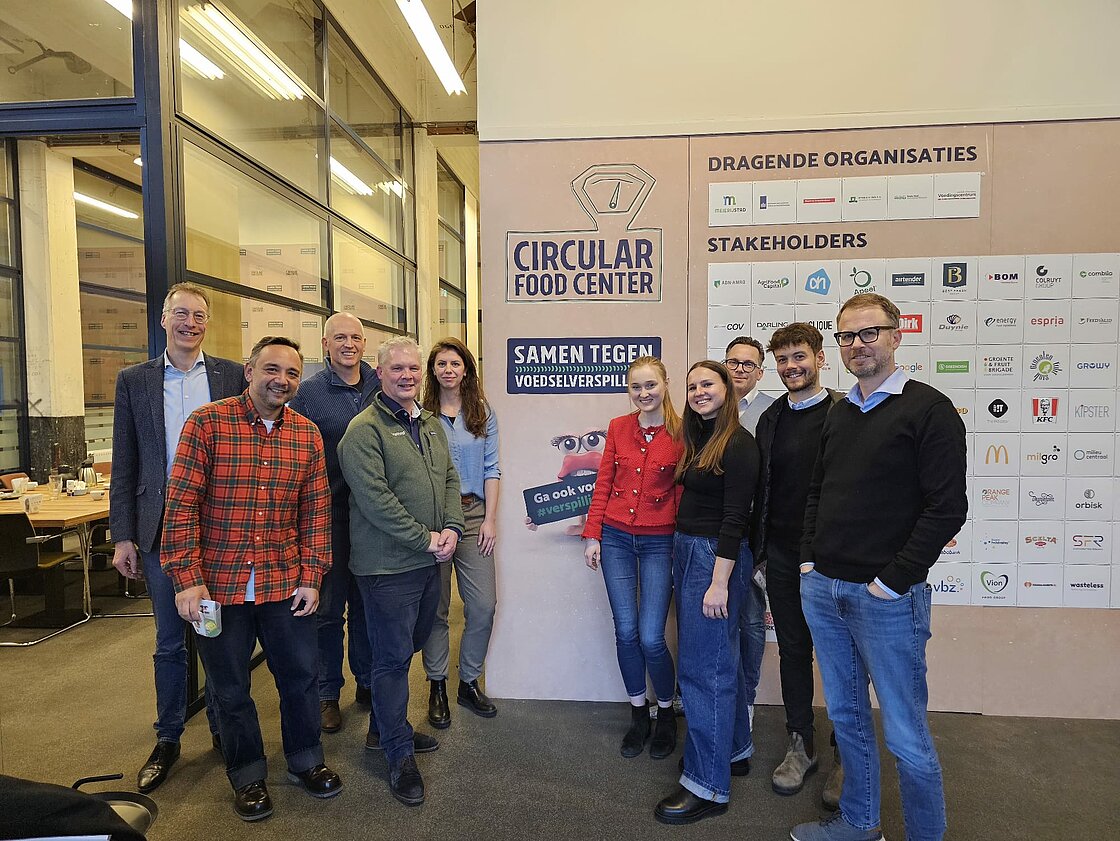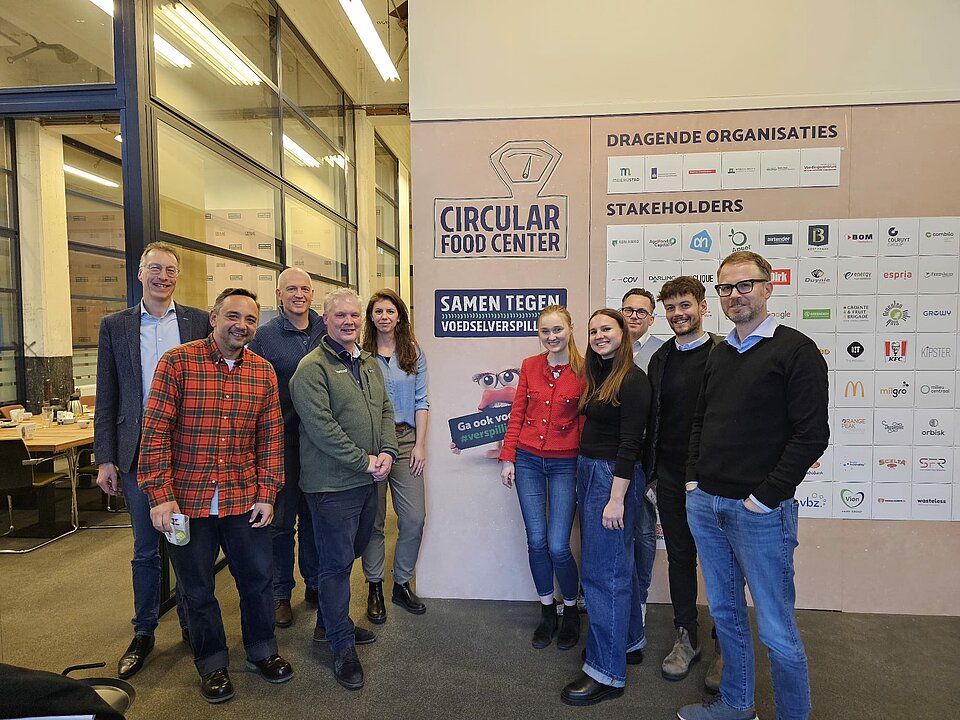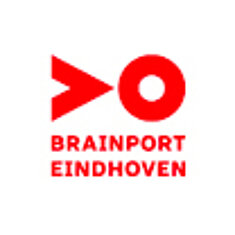Unlocking Innovations in the Food Industry: Insights from the World Food Forum Visit
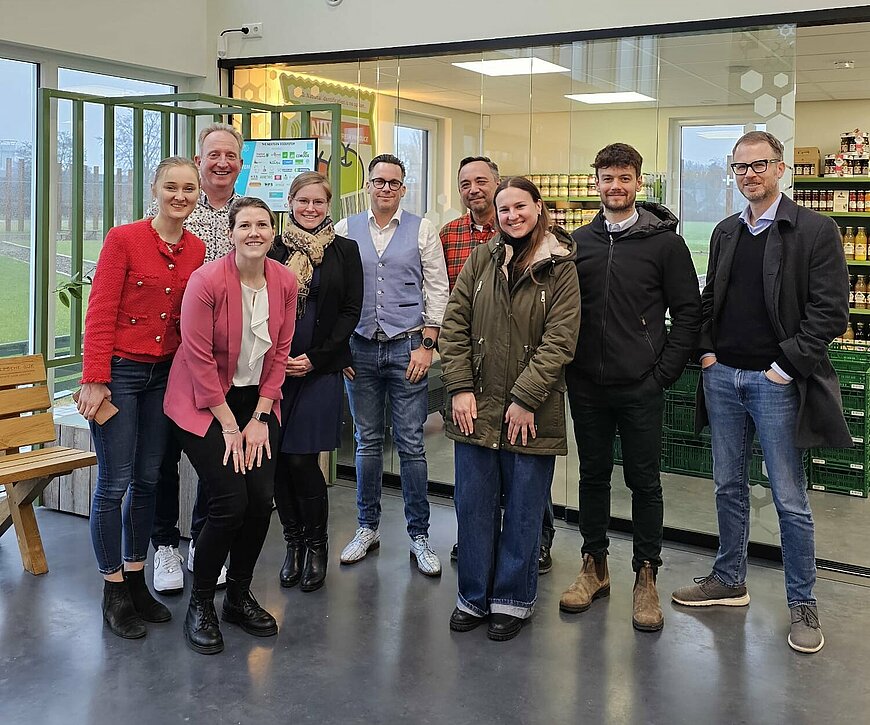
Last month, Next Tech Food Factories welcomed a delegation from the FAO / World Food Forum. The encompassed tours took the delegation to three key campuses: the Fruit Tech Campus, Brainport Industries Campus, and Circular Food Center.
The total visit aimed to showcase the potential of innovative technologies in the food processing industry in:
- Reducing food waste and food loss
- Enhancing sustainability
- Alleviating heavy human labor in food processing
- Exploring the power of young people in these challenges and industries

Innovation + Education = Innocation at the Fruit Tech Campus
The first tour started at the Fruit Tech Campus, where Bart van de Beek, vertical Lead Fruit & Vegetables at Fresh Upstream, gave insights into the role of the triple helix, the combination of innovation and education (called 'innocation') on the campus and the importance of data collection along the food value chain.
Anna Katharina Trull, project coordinator R&D – Vision at GREEFA , partner in the NXTGEN Hightech program, further explained about innovations in fruit processing, sorting and packing, and real-time monitoring technologies for fruit. She also touched upon the differences of automation between countries, where countries in the Global South are choosing more for semi-automation, whereas in the Global North the focus is more on full automation.
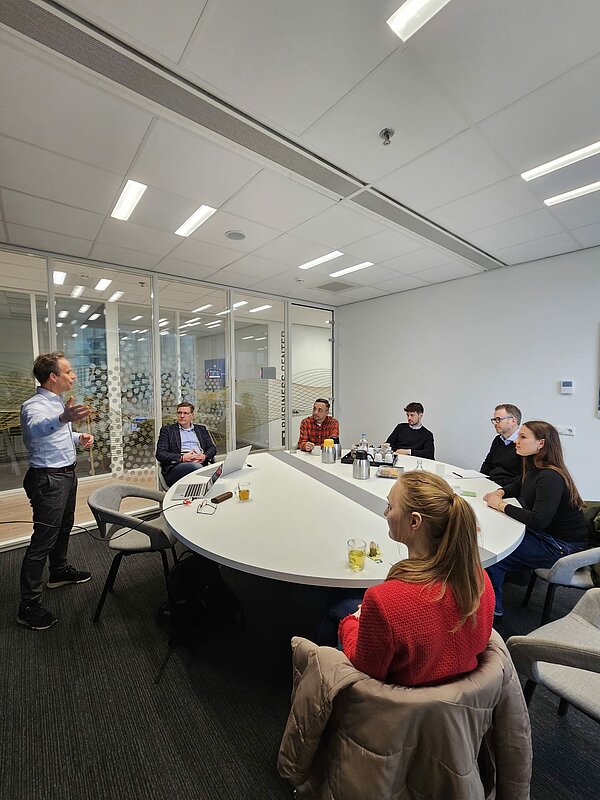
Technologies and immediate learning at the Brainport Industries Campus
The next stop was the Brainport Industries Campus in Eindhoven. Menno Prins, founder of Helia Biomonitoring, provided us with insights into the innovations of Helia Biomonitoring: creating real-time analysis of glycoalkaloids in potato purification processes. Interestingly, at first sight, the campus does not seem to have a connection with the food industry. But looking more closely, technologies such as 3D printing, robotics, data management, and Smart Industry are of great importance in a more efficient and sustainable food industry.
Erik Veurink, director of the Brainport Industries Campus shed light on the history, activities, and evolution of the campus. He explained that it is not the building itself which stimulates the campus ecosystem, but it is the collection of companies with a shared and complementary mission, the presence of education, and lots of trust between partners that is the driver for the campus ecosystem! Discussions also emphasized the significance of immediate learning between technological companies and end-users in driving innovation and efficiency across the food supply chain.
‘Not the building, but the orchestration of stakeholders, a collective mission and trust are crucial factors for a thriving ecosystem’ - Erik Veurink, director Brainport Industries Campus
Food waste reduction and healthy choices at the Circular Food Center
The final stop at the Circular Food Center in Veghel encapsulated discussions on reducing food waste nationally and internationally. This was in line with the focus of the upcoming international conference aimed at stimulating efforts to achieve a 50% reduction in food waste by 2030.
Toine Timmermans, director of Food Waste Free United (Stichting Samen Tegen Voedselverspilling) explained the challenges in the reduction of food waste (at retail and consumer level) and the importance of monitoring of progress and impact to make informed decisions on a policy level. He also stressed how crucial the voice of the next generation is in this discussion. One of the key insights was the high complexity of the food system. Interventions might be beneficial in one area but harmful in another.
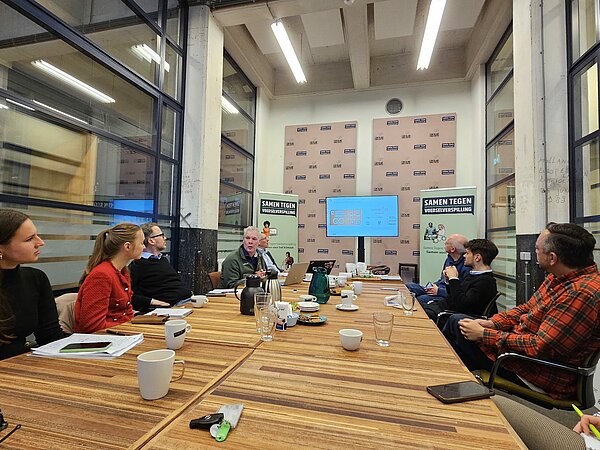
Rene Bink, founder and CEO of Healthy Fridge, a data-driven vending machine providing ultra-fresh food to consumers, supported by the HIGHFIVE project. These fridges can already be spotted at hospitals and schools and aim at dynamic replenishment of products with data back-ups in the food system. One of the major challenges: How to shift the image of vending machines and make healthy vending and food environment more mainstream?
Finally, Marco Snikkers, founder and CEO of OneThird, shared valuable insights derived from years of experience in waste reduction strategies and fresh produce shelf-life prediction technologies (NIR fingerprinting). Similar to the story of Anna, Marco also touched upon the differences between countries, with European countries having higher standards in food quality and freshness compared to other countries. An interesting topic in the discussion was the potential of the scanners to raise consumer awareness of food shelf-life. You can already see the scanners at Jumbo supermarkets in The Netherlands, where they are piloted for avocados.
Next steps
As Next Tech Food Factories, we highly appreciate all the partners involved in these visits and especially the World Food Forum team for their visit. One of the topics that we are exploring is a special prize in the field of Smart Food Processing at the Start-up innovation awards during the World Food Forum Flagship event 2024 in October. In this way, we hope to further support the wonderful innovations taking place on this theme.
We will continue shaping our partnership focusing on start-up support and engagement of innovative companies. With the purpose of accelerating towards a more healthy, sustainable, and efficient food system, in which the processing industry plays a vital role!
